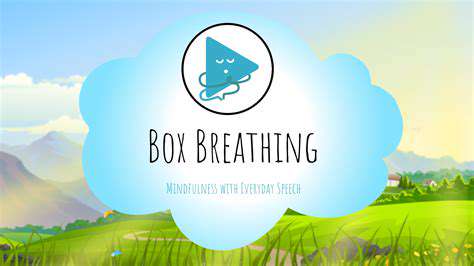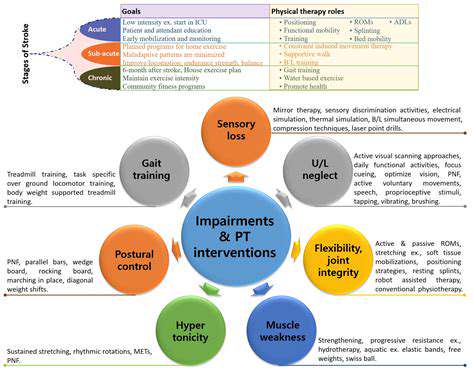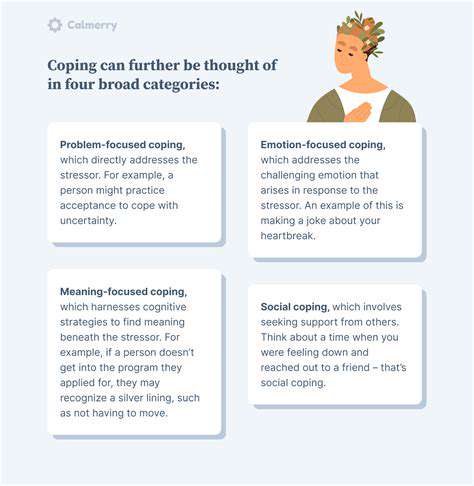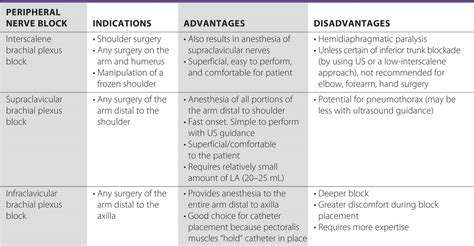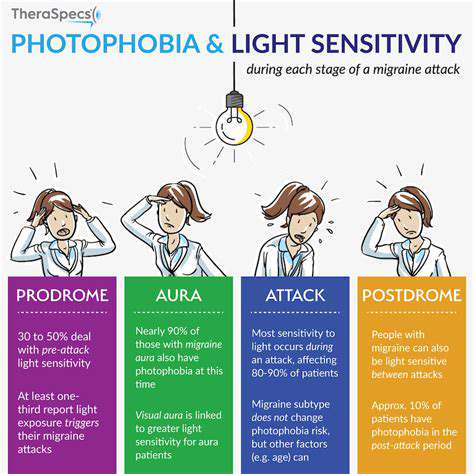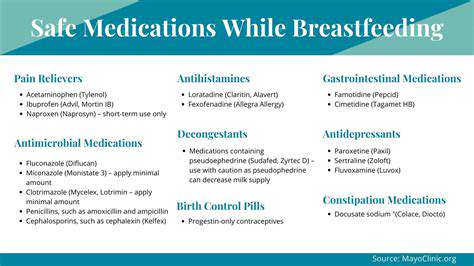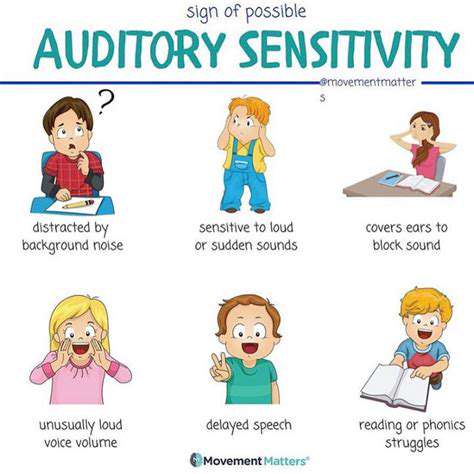HTML
Styling
CSS
Mối liên hệ giữa rối loạn khớp thái dương hàm và đau đầu

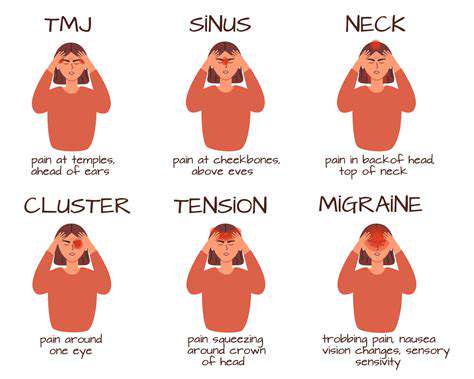
Chẩn đoán và điều trị đau đầu liên quan đến rối loạn khớp thái dương hàm (TMJ)
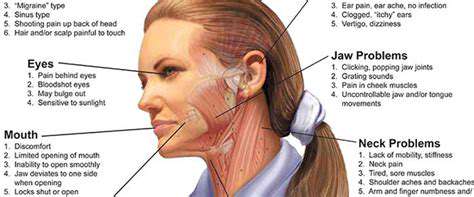
Hiểu về nguyên nhân của rối loạn khớp thái dương hàm
Khi khớp hàm và các cơ xung quanh hoạt động không bình thường, thường là do khớp thái dương hàm (temporomandib
Read more about Mối liên hệ giữa rối loạn khớp thái dương hàm và đau đầu
Trục ruột não: Sức khỏe đường ruột ảnh hưởng đến chứng đau nửa đầu như thế nào?
May 08, 2025
Tiềm năng của Gừng đối với các triệu chứng đau nửa đầu
May 15, 2025
Huấn luyện phản hồi sinh học để kiểm soát đau nửa đầu
May 16, 2025
Đau đầu hàng ngày mãn tính: Nguyên nhân và chiến lược đối phó
May 16, 2025
Cải thiện sức khỏe hàng ngày mặc dù bị đau đầu
May 21, 2025
Khối chặn thần kinh điều trị đau đầu: Những điều cần biết
May 24, 2025
Quản lý nhạy cảm với ánh sáng (photophobia) trong và giữa các cơn đau đầu nhức migren
May 30, 2025
Vai trò của các cố vấn di truyền trong chứng đau đầu bùng phát gia đình
May 31, 2025
Các yếu tố kích hoạt môi trường: Nhạy cảm với ánh sáng, âm thanh và mùi
Jul 01, 2025

